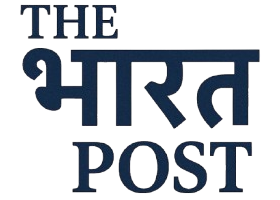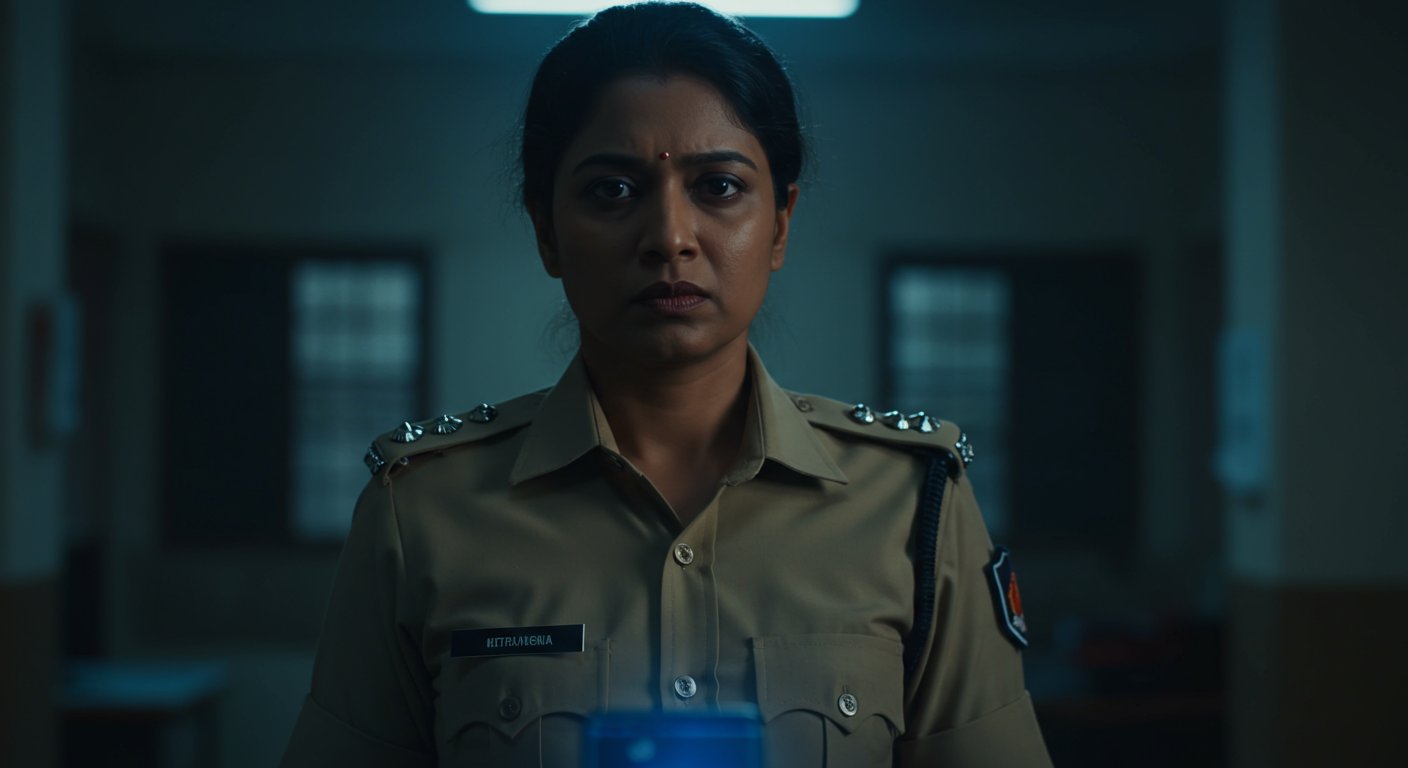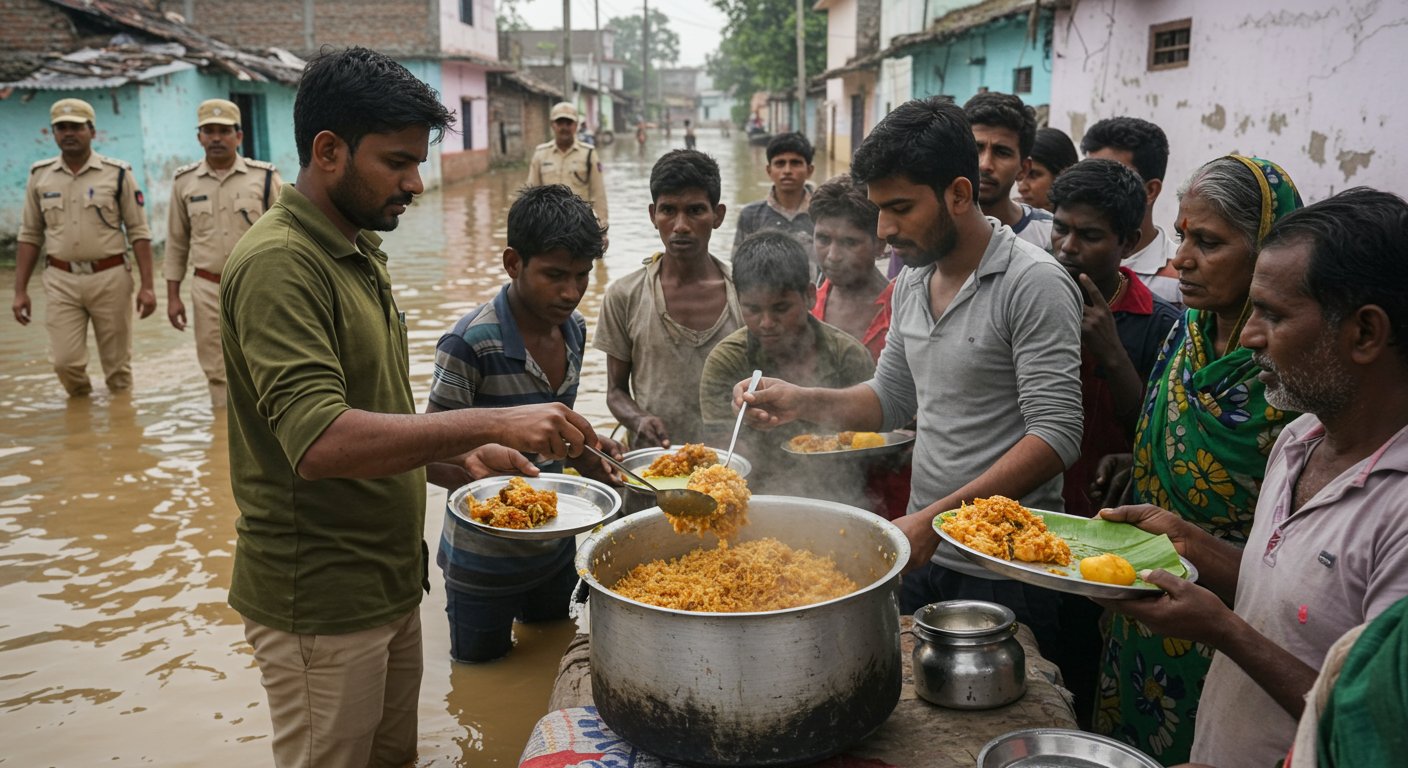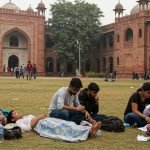The Madras High Court today issues a strong order, demanding complete openness in the process of appointing the state’s next Director General of Police (DGP). This crucial ruling pushes for a clear and public method for selecting the head of the police force, a position vital for public safety and law enforcement. The court’s decision comes amid calls for greater honesty in how high-ranking government officials are chosen, setting a new standard for accountability and trust within the system. This immediate move means the government must now reveal its full selection process, ensuring fairness for everyone.
Court Rules on Top Police Job
The Madras High Court recently made strong statements regarding the process of choosing the next Director General of Police (DGP) for Tamil Nadu. The court underlined that all rules and procedures for this crucial appointment must be followed very closely. The judges stressed the need for openness and fairness to keep the top police job independent. This comes at a time when the current DGP, Shankar Jiwal, is set to retire soon, on August 31, 2025.
Why the Court Made This Decision
The court’s comments came during hearings for public interest cases, also known as Public Interest Litigations (PILs). One such case was brought by K. Yasar Arafath, a lawyer from Ramanathapuram. Another similar case was filed by a retired police officer named Damodaran. These cases asked the court to make sure that the state and central governments start the selection process for the new DGP on time. The petitioners were worried because they felt the government had not yet taken clear steps to prepare a list of suitable police officers, which is required by law.
The main concern highlighted in the PILs was that not following the correct steps could lead to problems in the police department. Petitioners specifically asked the court to stop the government from making temporary appointments, such as an acting DGP, or extending the current DGP’s time in office without following the proper selection method. They argued that such actions would go against earlier orders from the Supreme Court, which call for a fair and open selection based on merit.
What the Court’s Order Means
The Madras High Court’s decision strongly pointed to the rules set by the Supreme Court in the well-known Prakash Singh vs. Union of India case from 2006. These rules are meant to bring about changes in how police forces are managed across all states. The court said that the selection process for a DGP must follow these Supreme Court guidelines, along with directions from the Union Public Service Commission (UPSC) and a special “single-window” system for appointments.
The Supreme Court’s rules say that the state government must choose the DGP from a list of three senior police officers. This list is prepared by the UPSC. The officer chosen must also have at least six months left in their service before they retire. Importantly, the Supreme Court has made it clear that the appointment should be based on an officer’s ability and how long they have served, not on political influence. In 2018, the Supreme Court changed its order slightly, stating that the UPSC should make a list of eligible officers. the state must pick one person from that list.
The Madras High Court judges, Justice S. M. Subramaniam and Justice G. Arul Murugan, stated that the process of preparing a list of eligible Indian Police Service (IPS) officers must be done with full transparency and honesty. They made it clear that “pre-appointment protocols are not optional,” meaning these steps are not something that can be ignored. They also said that not following these steps would harm the independence and honesty of the top police position.
How the Appointment Process Will Change
The court’s insistence means that the government must be very careful to follow every step of the appointment process. The old ways of doing things, where there might have been less clear methods, are now under closer watch. The ruling reinforces that the selection of the DGP is a serious matter that impacts the entire police force and public order. It emphasizes that choosing the leader of the police force should be a fair process, free from outside pressures.
The existing guidelines require the state to send a list of officers who have completed at least 30 years of service to the Union Public Service Commission (UPSC) at least six months before the current DGP leaves office. The UPSC then looks at this list and suggests three suitable candidates to the state government. From these three, the state government is supposed to appoint one as the DGP.
Views from Different Sides
During the court hearings, the state government, through its Additional Advocate-General M. Ajmal Khan, told the court that the process for appointing the new DGP was already in progress. Because of this statement from the state, the Madurai Bench decided not to interfere further and closed the public interest case. The court in Chennai had also dismissed a similar petition earlier, calling it too early because no appointment had been made at that point. Both courts agreed with this view, confirming that they would not step in while the process was still ongoing.
Even though the petitions were closed for now, the Madras High Court firmly repeated that all the required steps before the appointment must be followed without fail. This means the court will continue to monitor the process indirectly, expecting full compliance with the Supreme Court’s directions. This judicial watch aims to ensure that such vital public offices remain free from any doubts about fairness.
“The court noted that the procedures for appointing a DGP are not discretionary but are clearly outlined and binding. The judges reiterated that ‘pre-appointment protocols are not optional. any deviation undermines the independence and integrity of the top police post.’”
Looking Ahead
This ruling by the Madras High Court is seen as an essential step towards making sure that essential public service roles, like the Director General of Police, are filled with honesty and without improper influence. It adds to the growing number of times courts are closely examining how top government and police officials are chosen in India. The court’s insistence on following proper procedures is viewed as a way to make government systems stronger and to protect key appointments from political interference. This reminder from the court is very timely, especially as several senior IPS officers are waiting for promotions in the state. Tamil Nadu is getting ready for a change in its police leadership.
![]()










